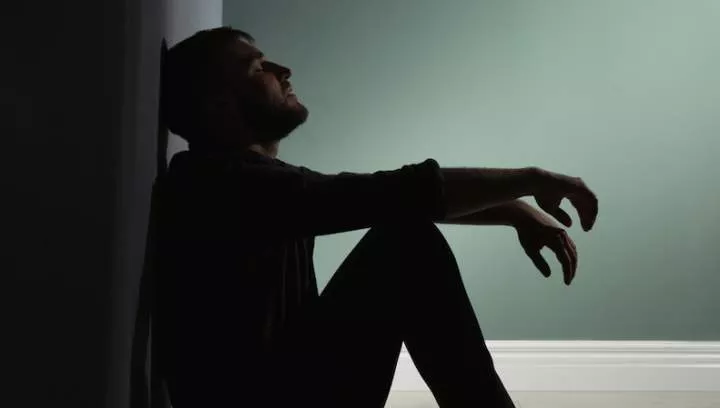
Society often sends mixed messages about masculinity. On the one hand, emotions are a fundamental part of the human experience, something everyone shares. Yet, there's a strange rule book for men when it comes to expressing their feelings. Phrases like "man up" and "don't cry" become ingrained from a young age, creating a pressure cooker situation. This makes men suffer in silence.
Men are expected to be these emotionless superheroes, bottling things up to avoid being seen as weak. But this bottled-up approach can have serious consequences for men's mental and emotional well-being.
Here's a deeper dive into why men might feel pressure to suppress their emotions and suffer in silence:
1. The Myth of Mr. Invincible
Society has constructed a myth of masculinity that revolves around stoicism and emotional detachment. Showing vulnerability or admitting to struggles is seen as a sign of weakness.
This narrative creates a double bind for men. They're expected to be these invincible protectors and providers, yet they're expected to do it all without a single crack in the armour.
This emotional repression can lead to a sense of isolation and loneliness, as men may feel unable to connect with others on a deeper level.
2. The Lone Wolf blues
Traditionally, men have been expected to be self-sufficient problem-solvers. The "lone wolf" image is often glorified, portraying men who handle everything on their own as the epitome of strength.
Asking for help is seen as a weakness, pushing men further into isolation when they might really need support. This can prevent men from seeking help for mental health issues, which are just as common in men as they are in women.
3. Macho Misconceptions
Our narrow view of masculinity only allows for a limited range of emotions. It's okay to be aggressive and competitive, but showing compassion or vulnerability? Not so much. This skewed perception not only limits men's emotional vocabulary but can also lead to feelings of shame or confusion.
Men might experience a range of emotions but feel pressured to suppress anything that doesn't fit the narrow definition of "manly." This can be incredibly damaging to their emotional well-being.
4. The Cycle of Silence
The less men talk about their struggles, the more alone they feel. It's a vicious cycle where men enforce these impossible standards on each other while also suffering under them.
Seeing other men bottle up their emotions reinforces the idea that this is the only acceptable way to behave. This silence makes it difficult for men to seek help or connect with others on a deeper level.
Breaking free from this silence requires a big cultural shift. We need to redefine strength to include the courage to be vulnerable and seek help when you need it. It's about changing the conversation, one at a time, and creating a space where men feel comfortable opening up without fear.
True strength lies not in silence but in the courage to be honest about your feelings and connect with others. It won't happen overnight, but acknowledging the problem is the first step. By understanding and challenging these ideas, we can build a healthier society where men are encouraged to express their full range of emotions.
This not only benefits men but strengthens the social fabric as a whole, fostering stronger connections and a more supportive environment for everyone.






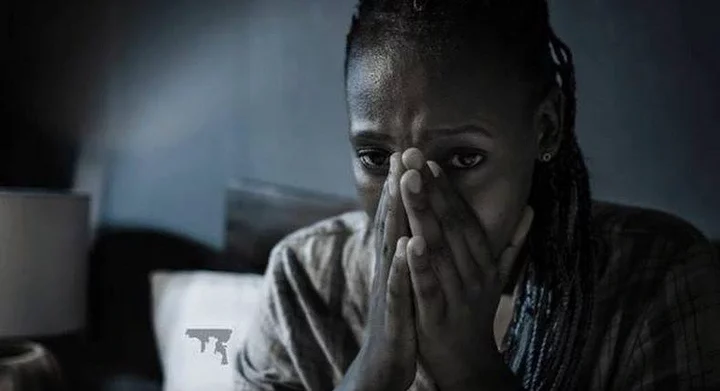
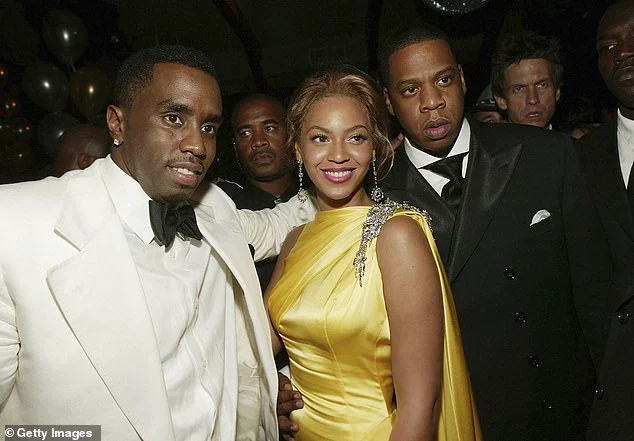
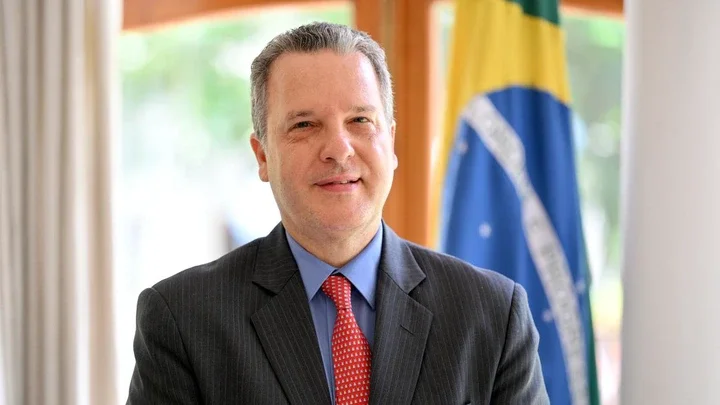






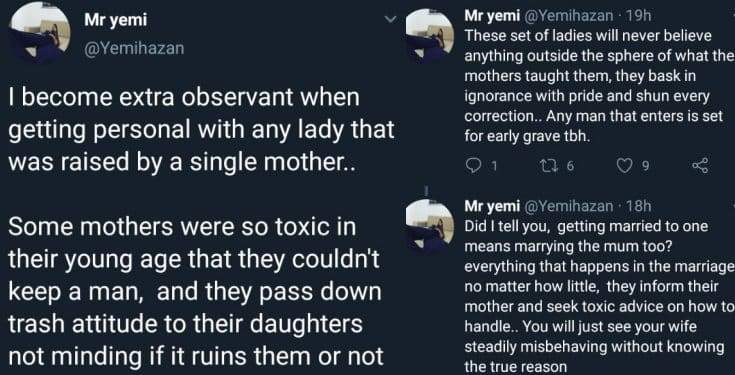

Comments